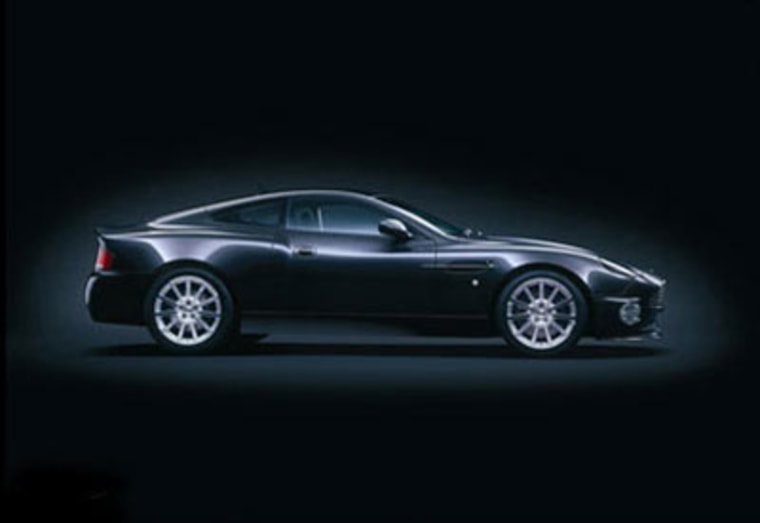She may be the land of plenty, but when it comes to purchasing certain cars, the U.S. falls short.
Wheels from French automakers Peugeot, Citroen and Renault aren't sold in the States. American buyers can't have Italian brands other than those of high-end makers Ferrari and Maserati. They also can't register many of Germany's new, diesel-powered passenger cars in five states, including New York and California, because of tough emissions rules.
It wasn't always that way.
In the 1980s and early 1990s, American buyers had a wide choice of French and Italian cars. They might not have been very reliable, but their styling, comfort, ride and handling added spice to the automotive melting pot.
Today that pot is rather bland. Peugeot, the last remaining French brand in the U.S. market, abruptly pulled the plug on its underperforming U.S. subsidiary in 1991, done in by high prices and poor quality, which made them unsuited for the market, especially in light of the new competition from Lexus and Infiniti from Japan.
Neither it nor other French brands has come back, even though by all accounts, their products are much improved. And Alfa Romeo and Fiat are long gone from the U.S. market.
When they left, the French and Italian brands were fat and lazy, with huge domestic market shares that were practically guaranteed by their home governments, which maintained high tariffs between European countries.
After 1992, the European Community ushered in a new era of freer competition that created a more even playing field for imported cars. Fiat, for instance, nearly went broke as its Italian market share fell, but in the long run the French and Italians hung on and have come back in Europe stronger than before. Today, they can afford to invest in a U.S. distribution channel, and their products are much more suitable for U.S. buyers, especially in terms of quality.
Take the Peugeot 4007 SUV. You would think at least some American buyers would like to buy it. Even though $3 gasoline has torpedoed U.S. demand for big domestic SUVs, import luxury-brand SUVs like Land Rover, the Porsche Cayenne and the Mercedes GL-Class have prospered.
Yet nobody expects Peugeot back any time soon, nor sister company Citroen, which makes a distinct version of the 4007 called the C-Crosser. The closest American buyers can get is a Mitsubishi Outlander, which was developed in a three-way cooperative effort among the brands.
Unlike the French makers, Italian brands Alfa Romeo and Fiat, which belong to parent company Fiat S.p.A., appear ready for a comeback.
Fiat quit selling cars in the U.S. under the Fiat brand in the mid-1980s; it had a poor quality reputation summed up by the acronym, "Fix It Again, Tony." (Fiat also owns the Maserati brand, which it relaunched in the U.S. market in 2002, after a 12-year absence.) Alfa Romeo quit in 1995, after a shaky alliance with then-Chrysler. The No. 1 Alfa dealer in the U.S. sold only 28 cars in 1994, according to Automotive News.
But Fiat Auto CEO Sergio Marchionne has said Alfa would return to the U.S. market, but not before the end of 2008. Alfa Romeo's mainstream models are the Brera Coupe and Spider convertible. The brand also has shown a high-end sports car, the 8C Competizione, at auto shows. And speculation persists on whether the company could export a higher-performance version of the tiny, redesigned Fiat 500 to the U.S. market. It would compete with the Mercedes smart car and BMW's Mini brand.
Modern diesels are an especially logical choice for a comeback, now that fuel efficiency is on the radars of U.S. consumers.
Fuel-efficient diesels dominate today's European market, and German automakers are preparing to launch a host of so-called "50-state" diesels sellable in the entire U.S. market, starting next year.
Thanks in part to low-sulfur diesel fuel mandated by the U.S. government since 2006, today's diesel engines are quiet, powerful and not smoky — unlike the diesels in the Peugeot 505 of the mid-1980s. And diesel engines get about 30 percent more miles to the gallon, vs. the same-size gasoline engine.
What does all this mean for you? If you’re a car enthusiast who likes choice, the list of cars you can’t buy in America might soon get shorter.
